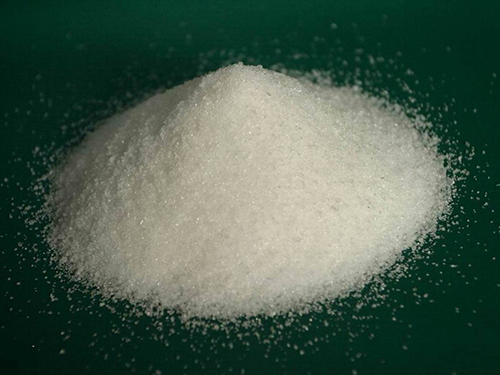Control of Scale and Corrosion for Enhanced Cooling Tower Efficiency and Longevity
Scale and Corrosion Inhibitors for Cooling Towers
Cooling towers play a crucial role in industrial and commercial settings, providing essential heat dissipation for processes, equipment, and buildings. However, the efficiency of these systems can be significantly compromised by the formation of scale and the occurrence of corrosion. To mitigate these issues, the application of scale and corrosion inhibitors has become indispensable.
Scale formation in cooling towers is primarily attributed to the evaporation of water, which concentrates dissolved minerals, leading to deposits primarily composed of calcium carbonate, calcium sulfate, and silica. These scales can restrict water flow, decrease heat transfer efficiency, and ultimately increase operational costs. Therefore, utilizing effective scale inhibitors is crucial to maintaining optimal system performance. Polyacrylic acids, phosphonates, and other organic and inorganic compounds are commonly used as scale inhibitors. These chemicals work by disrupting the crystallization process of minerals, preventing their deposit on heat exchange surfaces.
Corrosion is another critical concern in cooling towers, as it can lead to severe material degradation, impacting the longevity and safety of the equipment. The presence of aggressive ions, oxygen, and varying pH levels can exacerbate the corrosion process. To counteract these effects, corrosion inhibitors are formulated to create passive films on metal surfaces or to neutralize the corrosive agents present in the water. Common corrosion inhibitors include amines, molybdates, and various organic compounds that form protective barriers, reducing the metal's exposure to corrosive conditions.
scale and corrosion inhibitor for cooling tower

The selection of appropriate scale and corrosion inhibitors depends on various factors, including water chemistry, system design, and operational conditions. Conducting regular water analyses is vital to tailor the treatment program to specific environmental conditions. Moreover, continuous monitoring and adjustments ensure that the inhibitors remain effective over time.
Additionally, integrating scale and corrosion management strategies goes beyond chemical treatment. Regular maintenance, system cleaning, and the implementation of proper water treatment protocols are essential to mitigate the risks of scale and corrosion comprehensively.
In conclusion, scale and corrosion inhibitors play a pivotal role in maintaining the operational efficiency and longevity of cooling towers. By effectively managing scale and corrosion, facilities can enhance their overall performance, reduce downtime, and lower maintenance costs. As industrial demands evolve, ongoing research into innovative inhibitors will further advance cooling tower technology, ensuring sustainability and reliability in critical cooling applications.
-
lk-319-special-scale-and-corrosion-inhibitor-for-steel-plants-advanced-solutions-for-industrial-water-systemsNewsAug.22,2025
-
flocculant-water-treatment-essential-chemical-solutions-for-purification-processesNewsAug.22,2025
-
isothiazolinones-versatile-microbial-control-agents-for-industrial-and-consumer-applicationsNewsAug.22,2025
-
scale-inhibitor-key-solutions-for-water-system-scale-preventionNewsAug.22,2025
-
organophosphonates-versatile-scale-inhibitors-for-industrial-water-systemsNewsAug.22,2025
-
scale-and-corrosion-inhibitor-essential-chemical-solutions-for-water-system-maintenanceNewsAug.22,2025





